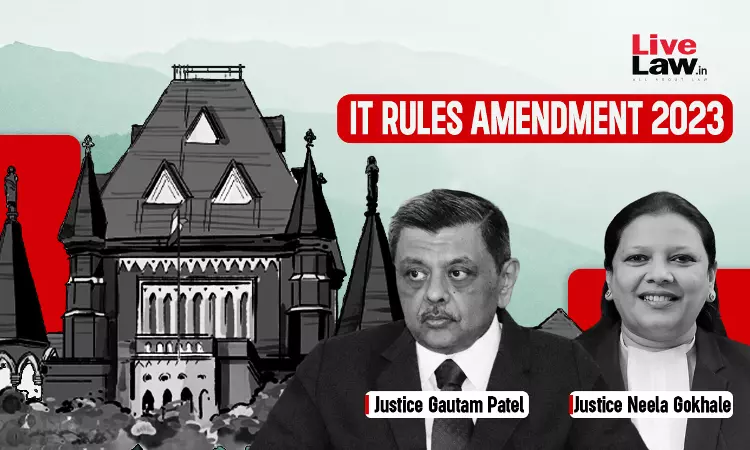IT Rules Amendment | Bombay High Court Asks Why Fact Checking Unit Is Required If It Cannot Compel Removal Of Fake News
Sharmeen Hakim
26 Sept 2023 8:22 PM IST

Next Story
26 Sept 2023 8:22 PM IST
The Bombay High Court on Tuesday wondered why the amendment to Information Technology Rules, 2021 providing for a government Fact Check Unit (FCU) is required when the FCU cannot compel social media platforms to take down content flagged as false, fake, or misleading.Justice GS Patel asked Solicitor General Tushar Mehta, who began arguments for the central government today, to reconsider...
